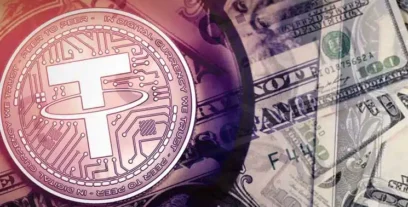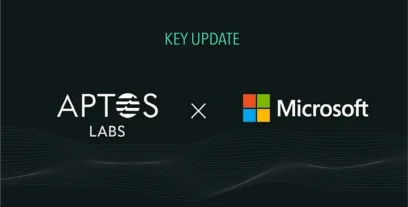
ongoing challenge: Terrorist organizations continue to exploit weak links across the financial system to raise, hide, and disperse funds. Many gaps exist, both with traditional financial actors and some crypto platforms that don’t effectively enforce the clear legal requirements that should keep members of terrorist networks away from their services.
It’s important to note that crypto companies in the U.S. are regulated—and have been since 2013. Exchanges and other financial intermediaries are money service businesses under Bank Secrecy Act regulations, and they’re already required to register with FinCEN and report any suspicious—potentially criminal—activity. U.S. exchanges do AML/KYC checks and screen all potential customers for sanctions. It makes the U.S. safer. In this case, other countries have something to learn from the U.S.
The recent proposal by more than 100 lawmakers, including Sens. Elizabeth Warren (D-Mass.) and Roger Marshall (R-Kans.), does nothing to address the problem of where more crypto-related crimes occur—overseas, and by unregulated actors. They are proposing KYC rules akin to suggesting that copy machine manufacturers would need to verify anyone using their copiers. The authors unfortunately fail to understand that the underlying blockchain technology actually makes transactions public, providing investigators a digital paper trail to identify terrorist operatives and their financial contributors. There are solutions.
Back in 2016, I started doing research on terrorist crowdfunding campaigns. In fact, the very first campaign I tracked was organized by a Palestinian militant network aiming to raise funds to purchase missiles and other weapons. The campaign was active for a few weeks and garnered only a little over $500 in Bitcoin. In the years that followed, a variety of terrorist groups, including Hamas, have become more familiar—and more sophisticated—when it comes to crypto. But it’s not at all clear that public crowdfunding has been the most reliable way to raise funds.
The news you see on this site are collected from reliable news sites. Therefore, original sources are used as much as possible.








Comments (0)